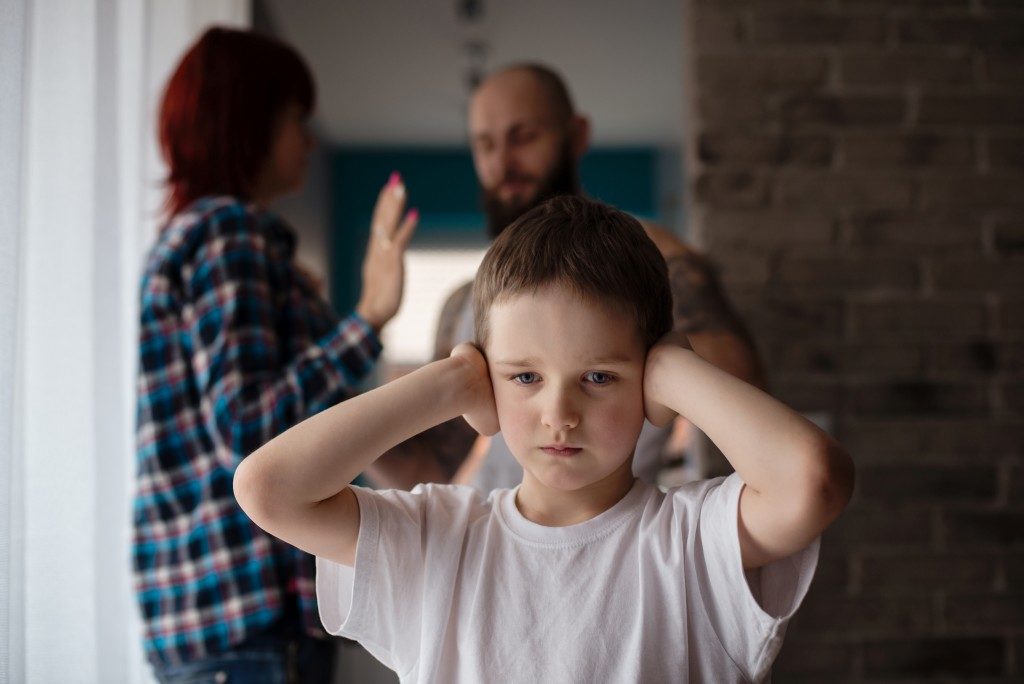Everybody knows that divorce hits children the most what’s. What’s not so often talked about though is the fact that its impact varies among kids, particularly among different social classes. Apparently, children who come from high-income families are more likely to take the divorce the hardest. They bear the worst of tendencies coming out of a marital breakdown: poor academic performance, defiant attitude, and relationship conflicts.
What the Research Says
A recent UCLA study suggests that divorce lowers the educational attainment of kids from marriages whose breakdown wasn’t expected. Well-to-do families are assumed to be stable and thoroughly planned, so when that veneer of security is removed as parents split up, it causes significant disruption on the children’s life. On the other hand, kids who come from families struggling with finances, where parents have a volatile relationship and divorce is more likely, marital breakdown does little to no impact on whether they’re more likely to finish school or not. This is, in part, due to the fact that children already live a disrupted life prior to their parents splitting up. Either way, it paints a sad picture for kids’ well-being.
A study from Georgetown University had relatively the same findings as UCLA’s. It suggests that kids belonging to wealthier families are more likely to display behavior problems than those coming from lower-income when parents divorce. Again, this is because the break-up shakes up children’s sense of security. In most cases, fathers, who provide for the family, are the ones moving away, sometimes causing financial strains. Kids would often get pulled out of private schools and then moved to public. Or, if there were vacation or toy-gifts splurges every Christmas or special holidays, that may not be possible anymore with the new family structure. This takes a toll on the kids.
How Parents Can Protect Kids
It’s essential to understand the gravity of mental health risks among children of divorce. Your top priority as you go through this tricky life decision is to reduce its negative impact on kids. If you can make your divorce less contentious, better. Sit down with your spouse and see if you can settle things out of court. Try divorce mediation. Long Island-based lawyers recommend going this route when the decision to split up is mutual. It will be less intense than litigation and allows you to have a little more freedom when it comes to creating terms regarding child custody and support, property division, and alimony. This process is also less expensive, so you get to spend your resources on the children’s well being, and not on some nasty legal battle.
Apart from shielding your children from intense court drama, you should be able to communicate your decision in the most positive, most reassuring way you can. A lot of kids often feel guilty about parents’ divorce. They blame themselves for it. They take responsibility for the mess. It’s important to let them know that none of this is their fault and that you’ve tried everything to work out your relationship. Check up on them always. Ask them to talk about their feelings. Be willing to answer their questions, especially those that concern life after separation. Where will dad live? Will I have to switch schools? Are we moving to a smaller home? You should be able to get your children ready for these significant changes in life — communicate better.
Helping Children of Divorce

The divorce takes a significant toll on children, but do note that everyone struggles uniquely. So as you go through this emotionally-charged life transition, think of what they’ll go through. You may have lost the love of your life, but you can’t afford to lose your precious kids.

